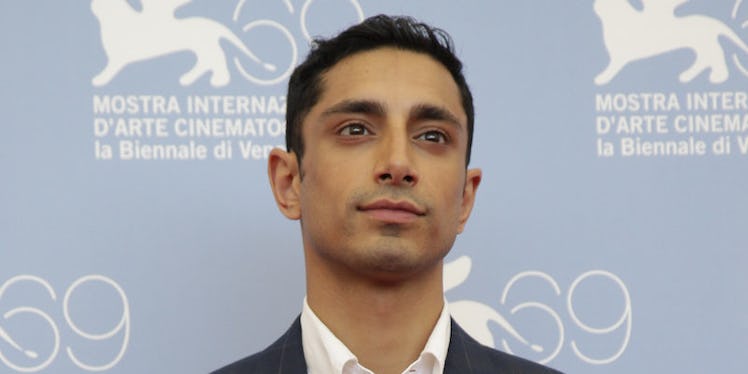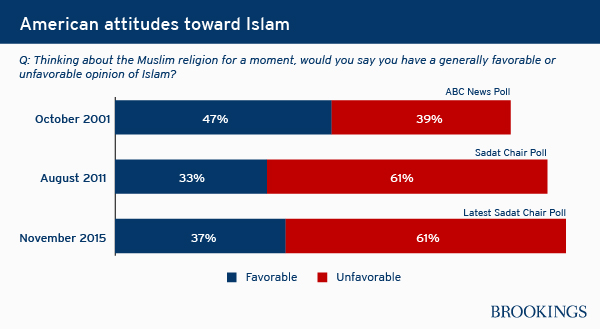
The Star Of 'The Night Of' Reminded Us How Bad Islamophobia Is In America
Riz Ahmed, the star of HBO's "The Night Of," wrote a poignant and deeply personal essay about racial identity.
The essay, entitled "Typecast as a Terrorist," is from "The Good Immigrant," a collection of essays from English writers of color.
His words offer an illuminating and infuriating glimpse into how Muslims have been treated and perceived in the post-9/11 world.
He said,
As children in the 1980s, when my brother and I were stopped near our home by a skinhead who decided to put a knife to my brother's throat, we were black. A decade later, the knife to my throat was held by another 'Paki,' a label we wore with swagger in the Brit-Asian youth and gang culture of the 1990s. The next time I found myself as helplessly cornered, it was in a windowless room at Luton airport. My arm was in a painful wrist-lock and my collar pinned to the wall by British intelligence officers. It was 'post 9/11,' and I was now labelled a Muslim.
Ahmed chronicled the numerous times he was profiled at airports, including one experience in which he was searched by a young Muslim,
The last kid who searched me, a young Muslim boy with an immaculate line-beard and goatee, was particularly apologetic. 'Sorry bro. If it makes you feel any better, they search me before I fly too.' We laughed, not because he was joking, but because he was deadly serious. It was the perfect encapsulation of the minority's shifting and divided self, forced to internalize the limitations imposed on us just to get by, on the wrong side of the velvet rope even when (maybe especially when) you're on the right side of it. We cracked jokes and bumped fists.
The actor's essay is unfortunately emblematic of a very broad problem.
Islamophobia is alive and well in the Western world.
The fact that Donald Trump, who proposed banning Muslim immigration to the US as well as having Muslims in the US register in a database and carry special identification, became the presidential nominee for a major political party is strong evidence of this.
But this problem also goes much deeper, particularly when you look at data surrounding hate crimes and views toward Muslims in the US.
Before 9/11, the number of hate crimes committed against Muslims in the US was somewhere between 20 and 30. Well over a decade later, that number has increased to over 100 per year.
According to a recent report from Georgetown University's Center for Muslim-Christian Understanding, anti-Muslim violence has increased alongside the US presidential election.
Between March 2015, when the first candidate announced his bid for the White House, and March 2016, there were 180 reported incidents of anti-Muslim violence.
This included 12 murders; 34 physical assaults; 49 verbal assaults or threats against persons and institutions; 56 acts of vandalisms or destruction of property; 9 arsons; and 8 shootings or bombings, among other incidents.
To put this into perspective, this was a significant increase from the 154 reported incidents of anti-Muslim violence in 2014.
An ABC poll released in October 2001, right after 9/11, showed that 47 percent of Americans viewed Islam unfavorably, while 39 percent viewed it favorably. Over time, views of Islam actually got worse.
In December 2015, a majority of Americans (61 percent) expressed unfavorable views toward Islam.

It seems irrational fears of Muslims have actually gotten worse since 9/11.
While Americans have a very slim chance of dying in terror attacks, Muslims are the primary victims of jihadism. This is a fact that's often forgotten amid the hateful language frequently directed at Muslims, including rhetoric by Trump.
This anti-Muslim rhetoric has very real consequences and stands against America's purported values. It's long past time for the US to stop typecasting Muslims as terrorists.
Citations: Typecast as a terrorist (The Guardian)